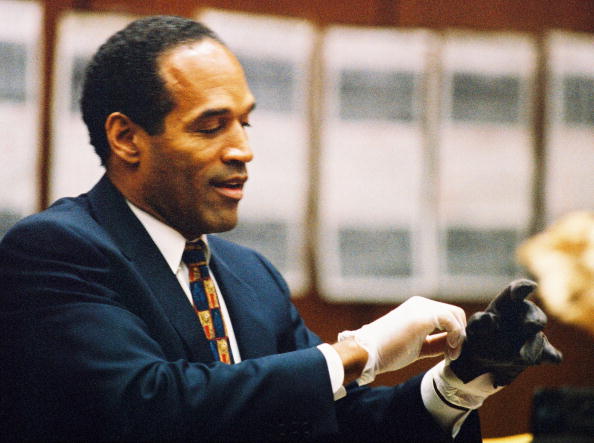WASHINGTON — A major U.S. Supreme Court ruling on campaign finance Tuesday could alter drastically who gives and gets hundreds of millions of dollars ahead of the November congressional elections.
The top U.S. court threw out a 63-year-old law designed to restrain the influence of big business and unions, ruling that corporations may spend as freely as they like to support or oppose candidates for president and Congress.
By a 5-4 vote, the court overturned two of its own decisions as well as the law that said companies and labor unions could be prohibited from using money from their general treasuries to produce and run their own campaign ads. The decision threatens similar limits imposed by 24 states.
RELATED: Sotomayor Takes Her Place In The Supreme Court
It leaves in place a prohibition on direct contributions to candidates from corporations and unions.
Critics of the stricter limits have argued that they amount to an unconstitutional restraint of free speech, and the court majority agreed.
“The censorship we now confront is vast in its reach,” Justice Anthony Kennedy said in his majority opinion, joined by his four more conservative colleagues.
Strongly disagreeing, Justice John Paul Stevens said in his dissent, “The court’s ruling threatens to undermine the integrity of elected institutions around the nation.”
Justices Ruth Bader Ginsburg, Stephen Breyer and Sonia Sotomayor joined Stevens’ dissent, parts of which he read aloud in the courtroom.
The justices also struck down part of the landmark McCain-Feingold campaign finance bill that barred union- and corporate-paid ads on political issues in the closing days of election campaigns.
President Barack Obama condemned the decision as a victory for big oil, Wall Street banks, health insurance companies and other powerful interests.
The ruling will lead to a “stampede of special interest money in our politics,” Obama said in a statement. He pledged to work with Democrats and Republicans in Congress to come up with a “forceful response” to the high court’s action.
RELATED: Supreme Court Rules For White Firefighters In Affirmative Action Case
Sen. Mitch McConnell, the Senate Republican leader who filed the first lawsuit challenging the McCain-Feingold law, praised the court for restoring the free speech rights of corporations and unions. “By previously denying this right, the government was picking winners and losers,” McConnell said.
Advocates of strong campaign finance regulations have predicted that a court ruling against the limits would lead to a flood of corporate and union money in federal campaigns as early as this year’s elections in November.
The opinion goes to the heart of laws dating back to the Gilded Age of the early 20th century, when Congress passed the Tillman Act in 1907 to banned corporations from donating money directly to federal candidates. Although that prohibition stands, the same cannot be said for much of the centurylong effort that followed to separate politics from corporate money.
In American politics, unions tend to support Democratic candidates and causes, and industry generally prefers candidates and causes supported by Republicans
The decision’s most immediate effect is to allow corporations and unions to sponsor political ads right up to the moment of an election, and to allow them to advocate for the election or defeat of a candidate. In presidential elections and in highly contested congressional contests, that could mean a dramatic increase in television advertising competing for time and public attention.
In the long term, corporations, their industry associations and labor unions are free to tap their treasuries to assist candidates, although the spending may not be coordinated with the candidates.
Ben Ginsberg, a Republican attorney who has represented several of the party’s presidential campaigns. “If corporations and unions can give unlimited amounts, … it means that the public debate is significantly changed with a lot more voices and it means that the loudest voices are going to be corporations and unions.”
















